We are past the halfway mark in 2024, and diversifying the range of international investment into Cambodia has been a key shift of the government under Prime Minister Hun Manet and part of the Pentagonal Strategy which aims to grow employment, equity, efficiency and sustainability to and work towards realising the Kingdom’s goal of becoming a high-income country by 2050.
We look at some of the key international diplomatic and economic missions that have seen deals signed in the first half of the year, and how competitive the Kingdom is in making it easy for international investors to visit.
Cambodian Investment 2024 To Date
In alignment with the Pentagonal Strategy implemented by the Cambodian Royal Government in 2023, the Asian Development Bank (ADB) launched its new country partnership strategy for Cambodia for the same period of 2024-2028. Just one aspect of this is plans to accelerate private-sector-led economic diversification and also a focus on climate adaptation initiatives in agriculture, water resource ecosystems, and urban infrastructure.
The latest report from the Council for the Development of Cambodia (CDC) released in July, indicated they have thus far approved 190 new projects, production expansion projects, and special economic zone investment projects worth a total investment of USD $3.2 billion in the first half of 2024.
The industrial sector accounted for USD $1843 million (over 55 per cent), and infrastructure and other sectors at about USD $753 million (23 per cent).
From a real estate development and property perspective, these investments include:
- Establishing and operating 2,870 five-star room hotels and business centres located in Sangkat 4, Sihanoukville, with an investment capital of over USD $500 million.
- An investment project to construct a multi-purpose port and logistics centre in Kampong Chhnang, with an investment of over USD $100 million.
Increasing International Economic Investment & Agreements
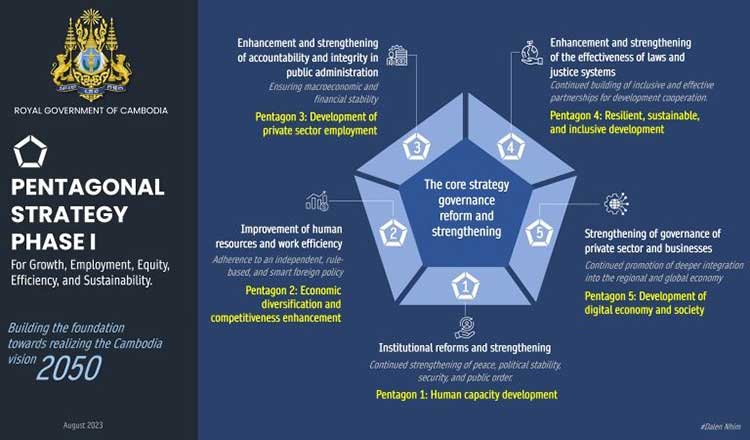
Most recently, following a meeting between Prime Minister Hun Manet and Japanese Foreign Minister Kamikawa Yoko, Japan and Cambodia agreed in principle to expand cooperation on infrastructure with the development of the Sihanoukville Autonomous Port as a key focus, while there are ambitions to further attract Japanese investment.
It was also reported that the Japanese government will provide approximately USD $2 million in financing for Cambodia to expand its electricity network in the Cambodian capital.
July 2024 also saw the Cambodian Prime Minister meet with the Ambassador of Malaysia, and the Ambassador of Germany to Cambodia to look at ways of boosting and facilitating trade and investment as well as specific projects in the commercial and tourism sector, for example.
The second France-Cambodia Business Forum is also taking place in July 2024 with sectors such as construction and infrastructure, digital technology, healthcare, energy, urban planning, tourism, logistics and transportation, agriculture and agri-food, all under discussion.
There were also key State visits to France, South Korea, Laos, Thailand, and Australia in 2024 which all announced economic developments and Memorandum of Understandings across a range of sectors.
Read more on the Top 5 Reasons Why Investors Choose Cambodia.
Visas and Entry to Cambodia
In July 2024, Cambodia implemented a new e-immigration application process for all arrivals, including tourists, expats, and Cambodians.
The Cambodia e-Arrival (CeA) scheme requires travellers to complete an online application within seven days of arrival even if they have been granted a visa (having completed this recently, it's a very simple process and much more convenient than the old paper system - which was still an option to arriving passengers on our flight in July 2024.)
Visas still need to be applied for separately, and this is one area where Cambodia is arguably falling behind its regional neighbours.
Thailand has visa-free entry for a number of countries (and actually no paperwork, physical or digital, is required), whereas Vietnam has also extended the length of stay for visas or a select number of countries.
Competition for Chinese visitors in particular is increasing, and Laos has also announced temporary visa facilitations from July until the end of the year which offer citizens of China, including Hong Kong, Macau, and Taiwan, visa-free travel for up to 15 days. Citizens from certain European countries can also visit Laos visa-free for up to 15 days for tourism. The duration of stay for a multiple-entry visa has been increased from 30 to 60 days and citizens of 22 countries can apply for multiple-entry visas.
Indonesia also announced plans to allow for visa-free travel to citizens of 20 countries (including China and India).
Can Foreigners Own Land in Cambodia?
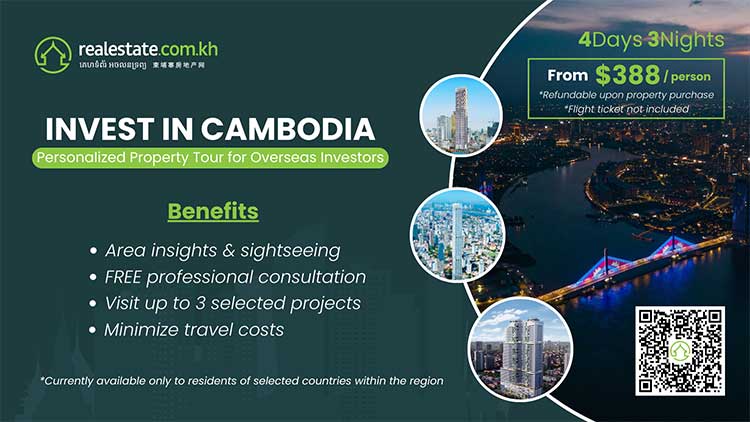
As a reminder for all foreign investors, direct land ownership is restricted to Cambodian citizens or Cambodian entities, however, there are alternatives for foreigners who want to control land in the Kingdom.
Find out more in Five Things To Consider Before Buying Property in Cambodia.
- Establishing A Landholding Company: Foreigners can buy land by forming a Cambodian company, which must have at least 51% Cambodian ownership.
- Trust Company: Allows a foreigner to buy land in Cambodia through a trust company, which must be registered with the Ministry of Economy and Finance. This covers various types of real estate including land, with the company acting as the property manager.
- Leasehold Property: Foreigners can buy a leasehold property, giving them 15 to 50 years of access to the property, renewable for another 50 years. This allows them to develop and construct structures on the land, though the land itself remains state-owned.
- Nominee Structure: Foreigners may seek a legitimate partnership with a Khmer citizen or use a nominee arrangement where a local acts as a silent shareholder.
Not nationally implemented, but the Special Investment Promotion Program For Sihanoukville In 2024 offers another alternative investment mechanism in this specific region.
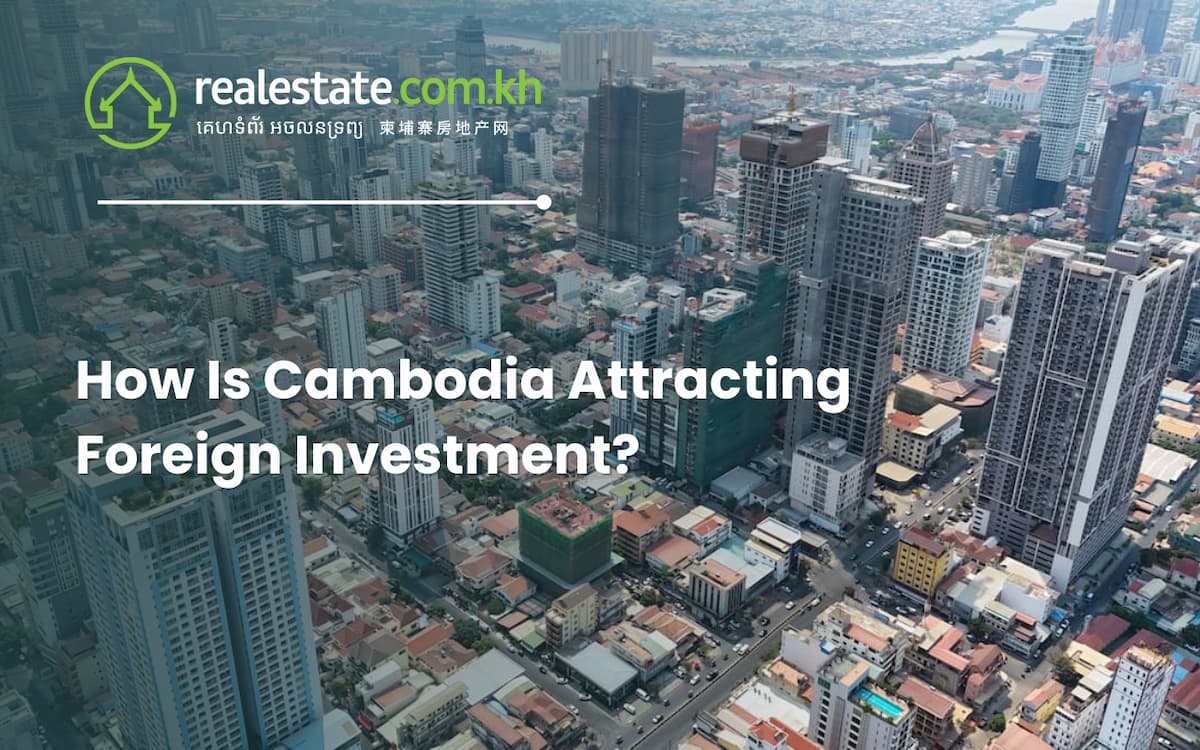
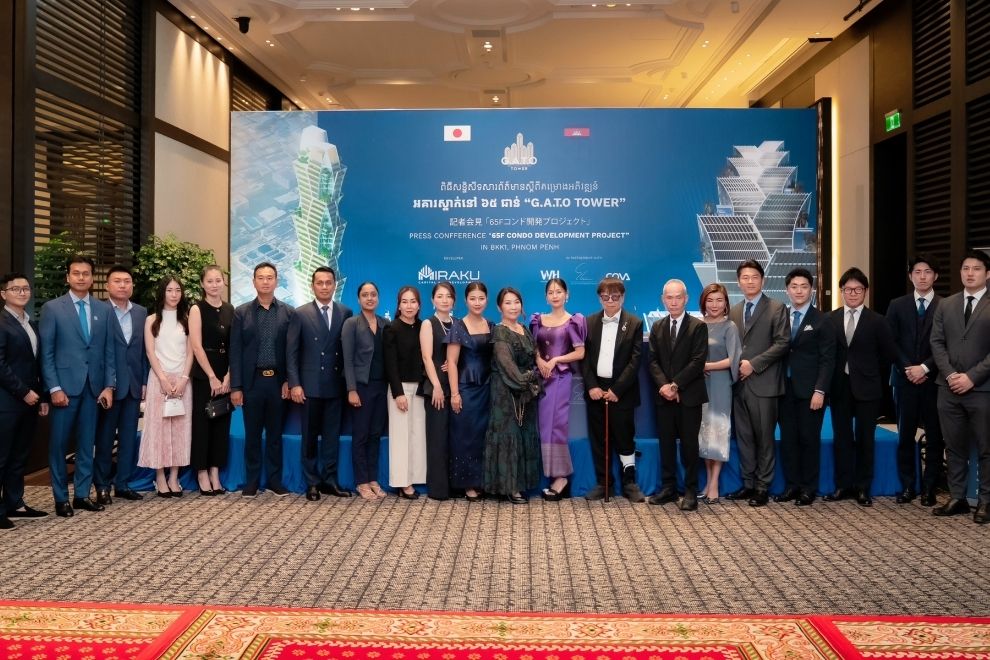
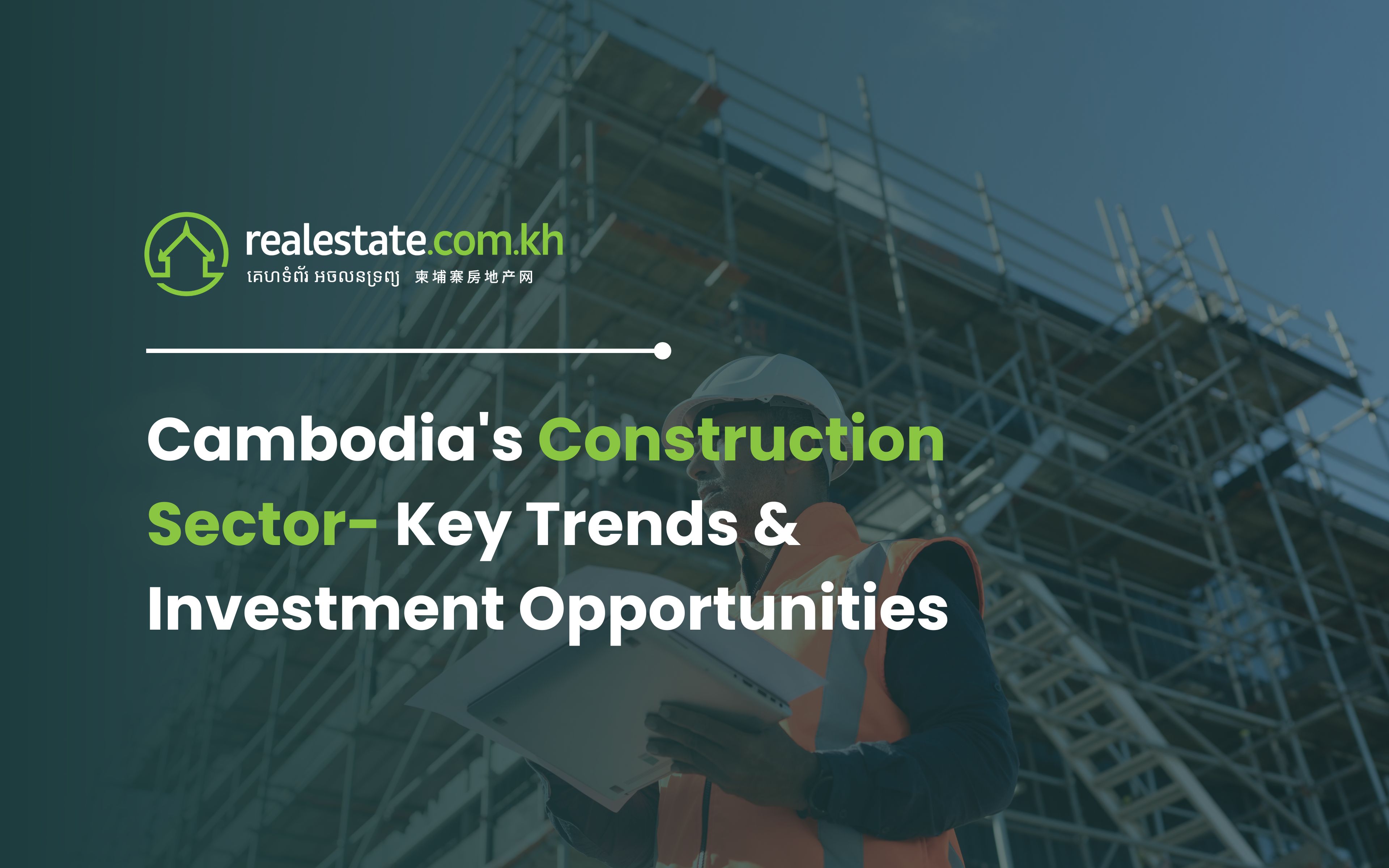
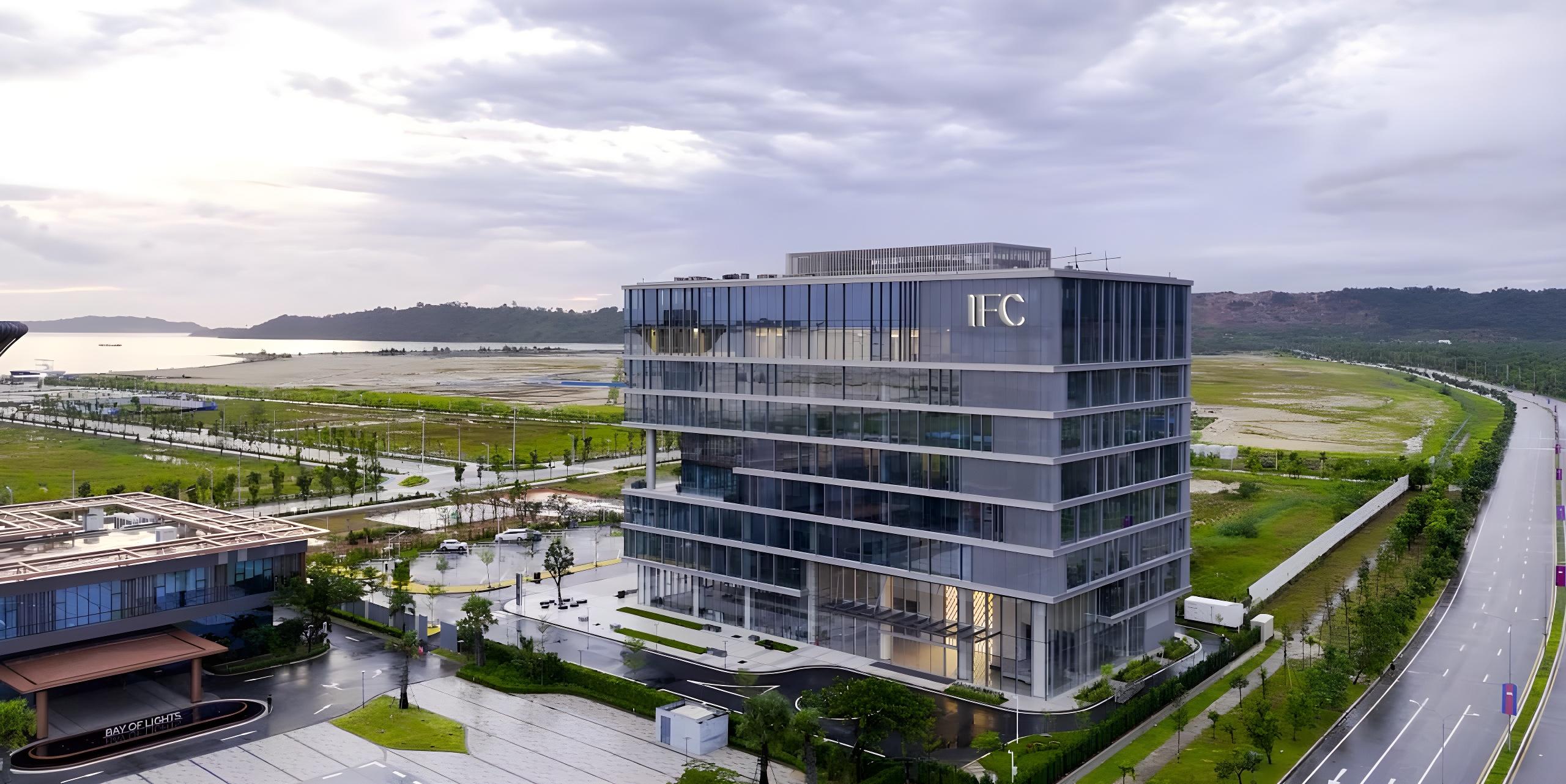
Comments